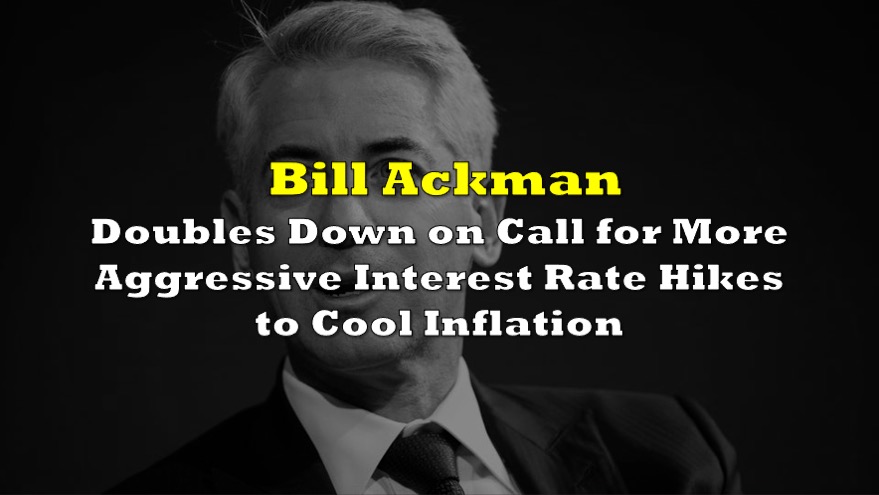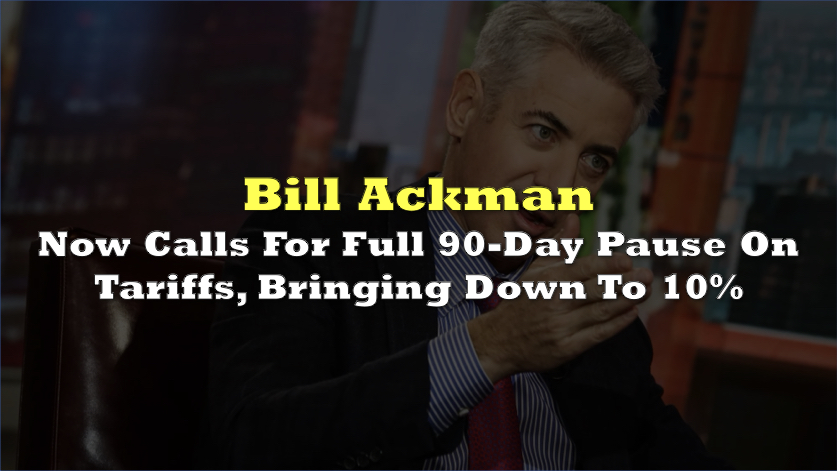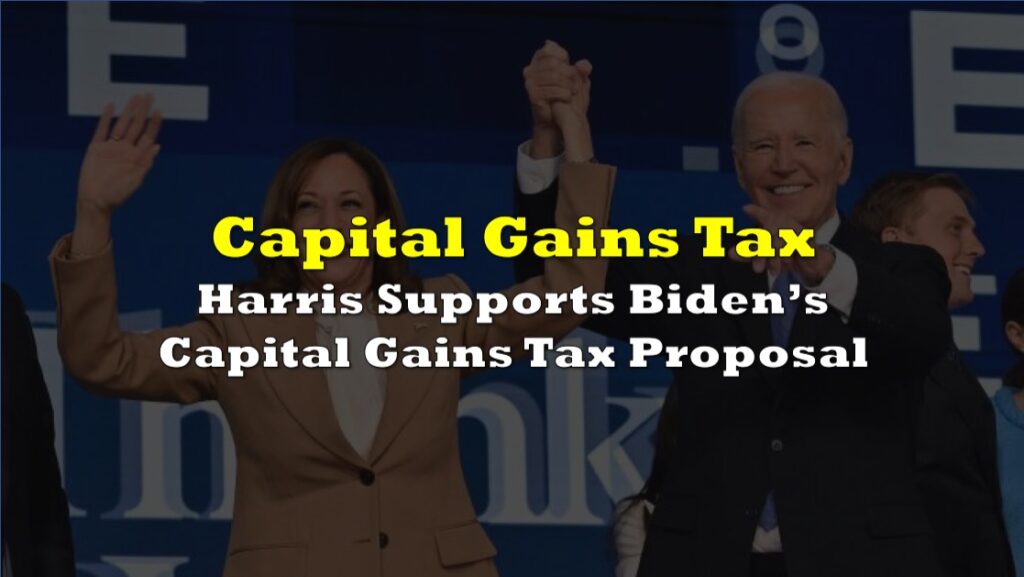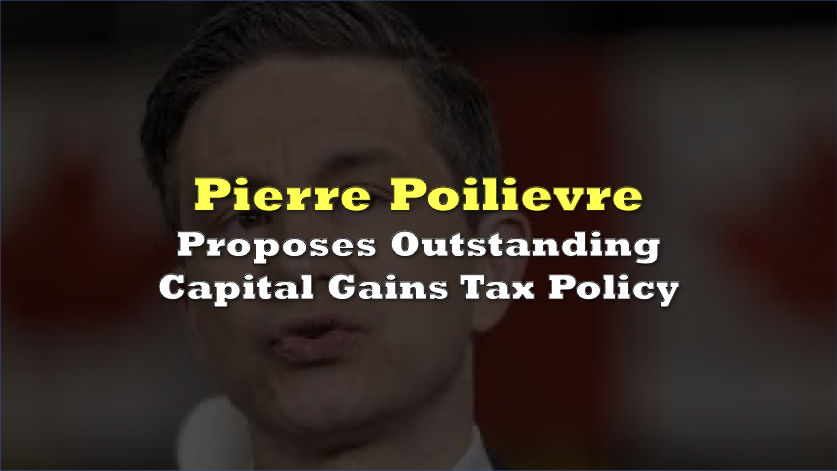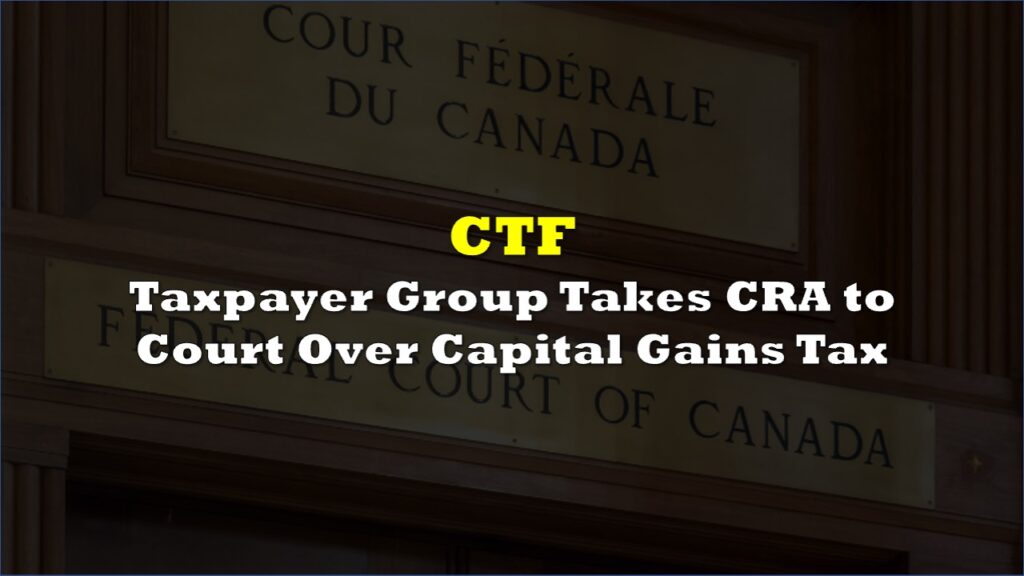In recent years, the debate over taxing the ultra-wealthy has intensified, with a particular focus on unrealized capital gains—profits that exist on paper, yet haven’t been cashed out. Unrealized gains typically escape taxation until the asset is sold, allowing the wealthy to defer their tax obligations indefinitely. However, a growing chorus of voices, including billionaires themselves, are now proposing ways to address the tax loopholes that allow them to avoid paying taxes on these gains.
Unrealized gains refer to the increase in the value of an asset that has not yet been sold. For example, if a billionaire owns a stock that has appreciated in value but hasn’t sold it, the increase in value is considered an unrealized gain.
Under the current U.S. tax system, these gains aren’t taxed until the asset is sold, at which point the profit is taxed as a capital gain.
This situation has led to a tax deferral strategy commonly employed by the ultra-wealthy: borrowing against their appreciating assets rather than selling them. By using their stock as collateral, billionaires can take out large loans without triggering a taxable event. This practice allows them to access liquidity without selling their assets or paying capital gains taxes, which would be due upon sale.
As election season intensifies, U.S. Vice President Kamala Harris has endorsed President Joe Biden’s proposal to significantly raise capital gains taxes as part of his 2024 budget plan, which aims to address wealth inequality in the U.S. The plan includes increasing the top capital gains tax rate for the wealthiest Americans, introducing a minimum tax on billionaires, and raising corporate taxes, all of which have sparked widespread debate.
Billionaire voices
Billionaire hedge fund manager Bill Ackman has put forward a proposal to address this very issue. In a post on X, Ackman suggested that loans taken out against stock holdings should be treated as taxable events if the borrowed amount exceeds the original basis of the stock.
“The way to fix this problem is to make borrowing an amount in excess of your basis in a stock taxable. In other words, if you have $10 billion of stock in a company you founded with zero basis, loans secured by the stock should be taxable as if you sold a like amount of stock. So, for example, if you borrowed $1 billion you would have a capital gain of $1 billion. This would be both fair and practical to implement,” Ackman posted.
Kamala tax plan pretty brilliant. You now have billionaires proposing to close tax “loopholes” to avoid taxing unrealised cap gains. Maybe she isn’t a complete fruit loop https://t.co/L5t5vgKXBy
— Buyback Capital (@Larryjamieson_) August 21, 2024
This proposal, while not without controversy, seeks to close a loophole that has allowed billionaires to amass vast amounts of wealth without paying taxes on it. Ackman’s suggestion would mean that if a billionaire borrows against their stock, the loan would be treated as a sale for tax purposes, and they would be taxed on the amount borrowed.
The discussion around taxing unrealized gains is not new, but it has gained significant traction in recent years as income inequality has widened. Critics argue that the ultra-wealthy can effectively live tax-free by borrowing against their unrealized gains, only paying taxes when they choose to sell assets—if they ever do. Upon their death, these assets often pass to their heirs, who benefit from a “step-up in basis,” a provision that resets the value of the asset to its current market value, thus avoiding capital gains taxes on any appreciation during the original owner’s lifetime.
Journalist Lee Fang pointed out the issue on social media, noting that while there are legitimate concerns about taxing unrealized gains, a solution is necessary: “There are reasonable problems with the tax on unrealized gains ideas but the problem demands a solution: the people in the $10 billion+ range of wealth pay nearly zero income taxes, borrow til death, then heirs get a cost basis reset to pay zero capital gains.”
There are reasonable problems with the tax on unrealized gains ideas but the problem demands a solution: the people in the $10 billion+ range of wealth pay nearly zero income taxes, borrow til death, then heirs get a cost basis reset to pay zero capital gains.
— Lee Fang (@lhfang) August 21, 2024
The debate over capital gains tax increases is part of a larger discussion about how to address economic inequality in the United States. According to a report by the Congressional Budget Office (CBO), wealth inequality in the U.S. has been steadily rising, with the top 1% of households now owning more wealth than the entire middle class combined.
Information for this story was found via the sources mentioned. The author has no securities or affiliations related to this organization. Views expressed within are solely that of the author. Not a recommendation to buy or sell. Always do additional research and consult a professional before purchasing a security. The author holds no licenses.





